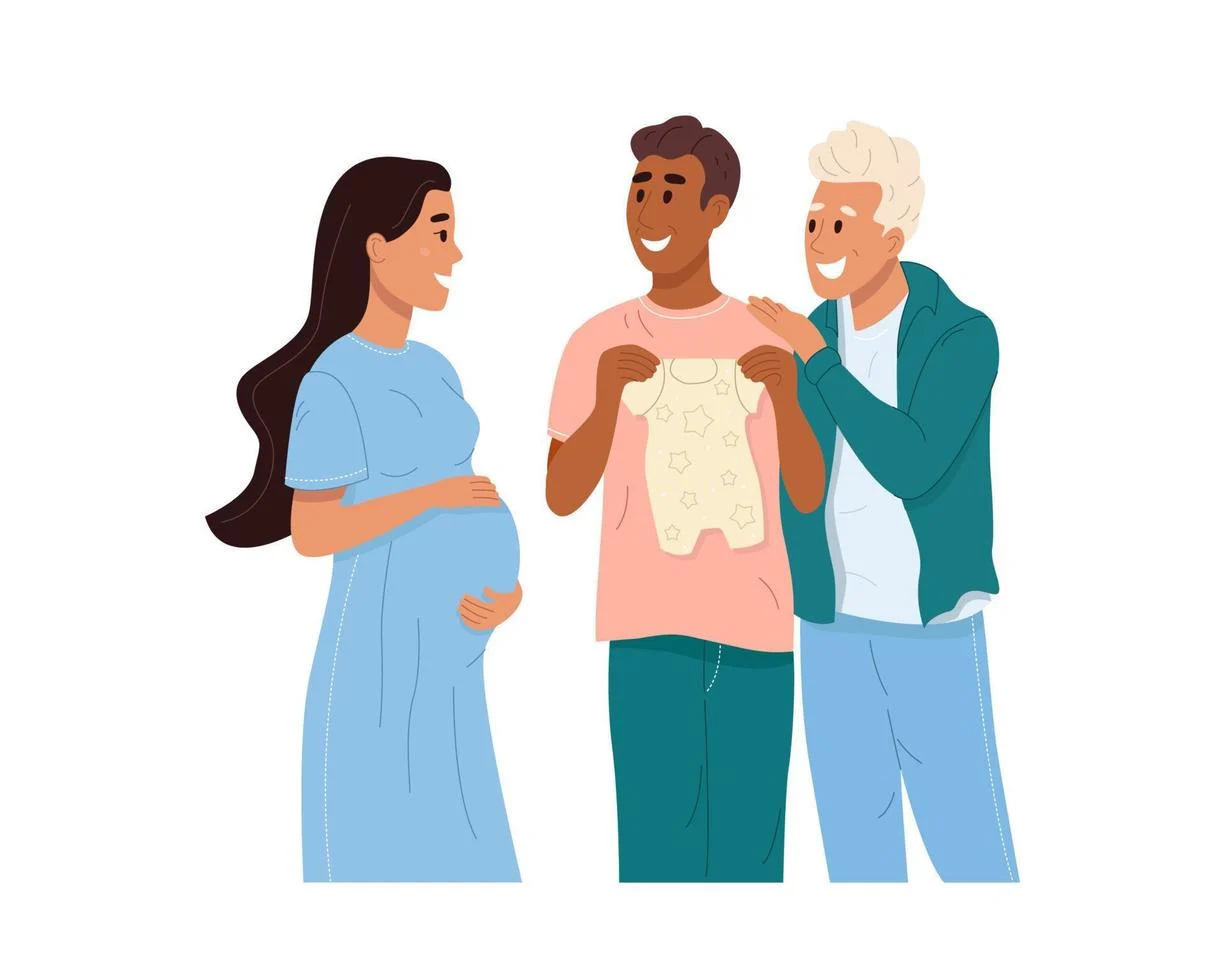As a parent, I find myself grappling with a complex truth. In my role as a caregiver, I have woven a tapestry of untruths for my five-year-old daughter, Lily, creating a delicate balance of love and deception. Daily, I resort to common parental fabrications to manage her expectations and behavior—telling her the toy store is closed or that her nose will grow if she lies. Additionally, I’ve upheld the cultural narrative of Santa Claus, despite knowing that some children don’t receive gifts during the holidays. When Lily innocently asked, “Why won’t Santa visit poor kids?” I realized the weight of the lies I’ve constructed. Flustered, I quickly changed the subject, emphasizing shiny distractions instead of addressing the truth.
Like many parents, I lie to protect my child’s innocence, but my situation is unique. Unlike most parents, I did not give birth to Lily; she is a ward of the state. Those beautiful blue eyes staring up at me are a constant reminder of her status as a statistic, and mine as well. Our relationship has been built on a foundation of affection and the illusion that she came from me, a narrative that is as far removed from reality as one could imagine.
I have never envisioned conceiving a child in the traditional manner. As a gay woman, the idea of becoming a mother seemed like a distant dream. However, at the age of 33, my life took an unexpected turn when my 17-month-old niece, Lily, came to live with me. This marked the beginning of our journey together. In her nursery school, her caregiver suggested that I be referred to as “mommy,” a title I had not considered. Yet, recognizing her desire for sameness among her peers, I acquiesced. Now, hearing her call me “mommy” feels entirely natural, even if she occasionally interjects the term “poophead.”
As of February 24th, Lily will have lived with me for four years. Through this time, I have taken on the responsibilities of a single parent without the support of co-parents or nearby family. I have navigated the challenges of diaper changes, car seat installations, and sleepless nights. My life has shifted from social outings to playdates, and I have made significant life choices, such as buying a home based solely on its school district. I even welcomed a cat into our family, named Gus after a character from Cinderella.
Throughout these years, I have learned about my resilience and capacity for love. I have discovered my limits—how long I can listen to children’s songs before I reach my breaking point and how much I can sacrifice for Lily’s happiness. The love I feel for her is profound and immeasurable; I would do anything to protect her.
There’s a saying about perception: no one can know if the purple one sees is the same as another’s. This notion resonates with me, especially when Lily, at three years old, would respond with “I can’t know” instead of “I don’t know.” It reflects a deeper understanding of life’s uncertainties. I often wonder if my love for Lily matches that of a biological mother. Yet I have come to embrace the belief that my love is just as valid and perhaps even more profound.
This love fuels the elaborate narrative I maintain. For all intents and purposes, I am her mother. I care for her, comfort her, and share in her joys and sorrows. However, I know that this paradigm will inevitably shift. There will come a day when she asks about her biological origins, and I won’t be able to deflect with stickers or distractions. I find myself postponing this conversation, wanting to protect her innocence a little longer. Yet, I know the reality must be addressed at some point.
When that day arrives, I will have to explain to her that while I may not be her biological mother, my love for her remains unchanged. I will assure her that labels don’t define our bond. I anticipate this moment, as it will be a form of coming out for me, and I know it will likely evoke tears. As for her reaction, that remains uncertain. My hope is that she will continue to embrace me as her mom, or perhaps even as “poophead” more frequently.
For those navigating similar journeys of parenthood and home insemination, resources like this excellent link can provide valuable information. Additionally, here is an authority on the topic of fertility. If you’re interested in learning more about insemination methods, you may find insights in this post as well.
In summary, my journey as a non-biological mother to Lily is filled with love, challenges, and the complexities of navigating our unique relationship. While I maintain a narrative for her comfort, I know that honesty will eventually prevail, and our bond will remain strong regardless of the labels we bear.
